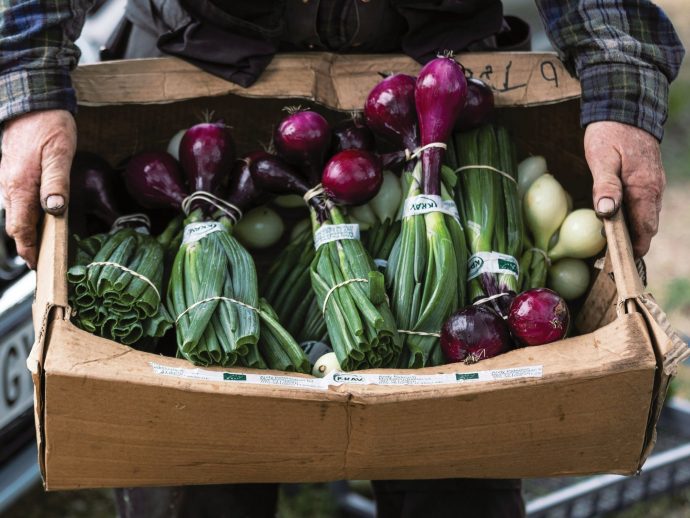Saving soil and ocean health now and for the future
Land and sea may seem like opposites, but the two are intricately connected. What happens on land, especially with our soils, has an impact on the health of our oceans, and it’s imperative to the well-being of all living things that both are treated carefully.
How soil health affects the health of our planet
“Poor agricultural practices can cause soil erosion and soil pollution,” says James Campbell, a research associate with the Research Centre for Carbon Solutions at Heriot-Watt University.
About 33 percent of the Earth’s soil is degraded, largely due to agriculture, and more than 90 percent faces the same fate by 2050, according to the United Nations (UN) Food and Agriculture Organization. But more than just the future of food production is thrown into jeopardy by this fact. So, too, is the planet’s ability to sustain any kind of life at all.
Soil stores carbon, helping to regulate the planet’s temperature. When it’s degraded, all that stored carbon gets released back into the atmosphere, making it one of the biggest contributors to climate change.
The connection between soil health and our oceans
Land and soil degradation also affects our oceans. After all, carbon dioxide (CO2) being released through activities such as tilling or clear-cutting forests to make way for food production has to go somewhere. It goes into the Earth’s other carbon sink: oceans. And when CO2 dissolves in seawater, it becomes carbonic acid, raising the acidity of the ocean.
Ocean acidification is devastating for underwater ecosystems. Also known as “osteoporosis of the sea,” it decreases carbonate in seawater, which is used by shellfish, coral, and crustaceans to build their shells, reefs, and skeletons.
Individual actions can affect the future
A 2020 UN report on biodiversity and ecosystem services estimated that a quarter of all terrestrial, freshwater, and marine vertebrates and invertebrates and plants are threatened with extinction, and many of those have only decades left before they’re gone forever.
It’s a bleak prognosis, but if we want to change course, we can start by thinking more critically about the impact of our individual actions.
Buy local
Shorter transportation distances generally mean less carbon dioxide is emitted into the atmosphere.
Avoid using chemicals at home
This includes fertilizers, insecticides, and pesticides on lawns or in gardens, which are harmful to humans, insects, birds, fish, and pets.
Swap the lawn for native plant species
To decrease the amount of mowing, watering, and even fertilizing required to keep your lawn lush, start switching out grass for vegetation that grows naturally where you are.
Keep Fluffy indoors
Cats are stealthy hunters, posing a threat to birds, small animals, and reptiles that call your yard or neighborhood home. If Fluffy is desperate to get out, dress him up in a collar with a bell to alert prey to his presence.

